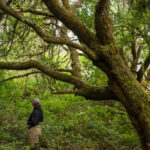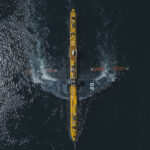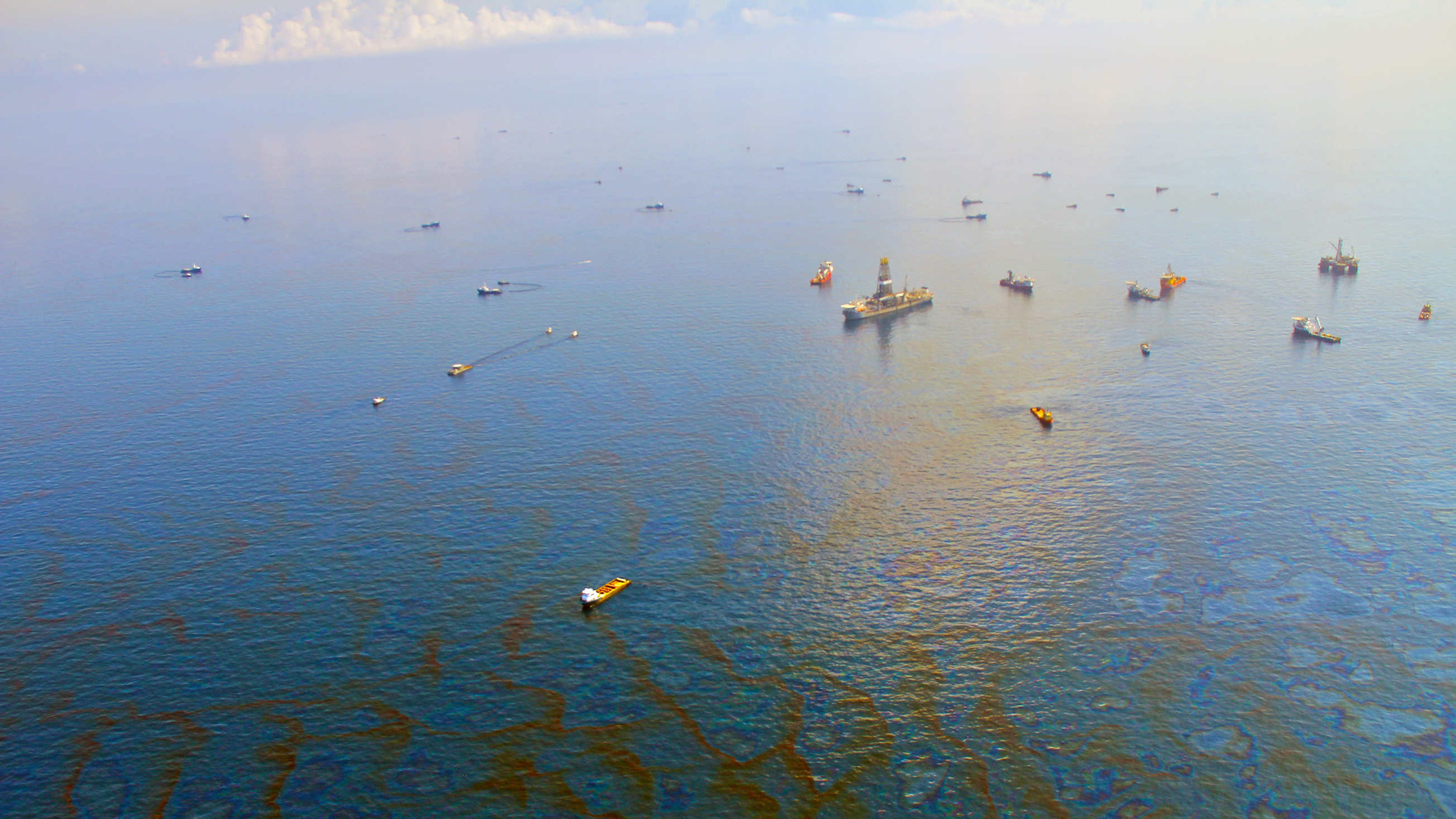Abstracts: Zika Billboards, Oil Spills, and More
• Two advertising companies in Brazil built a billboard designed to trap Zika-spreading mosquitoes. (The Verge)
• A new paper in Nature announced a more precise CRISPR gene-editing system, moving the technique a step closer to treating thousands of genetic diseases. (STAT)

The U.S. Senate passed an energy bill that would provide billions of dollars for research if it can get through Congress.
• High-profile cases of rare heart diseases in athletes led to increased screening for such conditions, but the tests sometimes incorrectly identify healthy people as having rare conditions. (The Guardian)
• Geneticist Reggie Gaudino is bringing science to the marijuana industry by analyzing the plant’s genome to make a better product. (Wired)
• Documents released Thursday show that the United Kingdom’s intelligence agencies gathered large data-sets on people not suspected of a crime. (Ars Technica)
• “Meteorwrongs” are fake meteorites — but it can be hard for customers to tell them apart. Sellers can make thousands of dollars off of these fakes. (New York Times)
• Researchers have touted mindfulness as a treatment for mental health disorders. But there’s a bias against publishing studies that find no benefit to mindfulness. (Nature)
• The Senate passed an energy bill that carries billions of dollars for research projects. This could be good news for scientists if the bill makes it through Congress. (Science)
• Companies often underestimate the size of oil spills, but it’s not just because the oil industry has an interest in low estimates. It’s challenging to accurately assess spill sizes. (Grist)
• And finally: An airplane with no power source except solar panels continued its journey around the world after a nine-month pit stop in Hawaii. (NPR)










